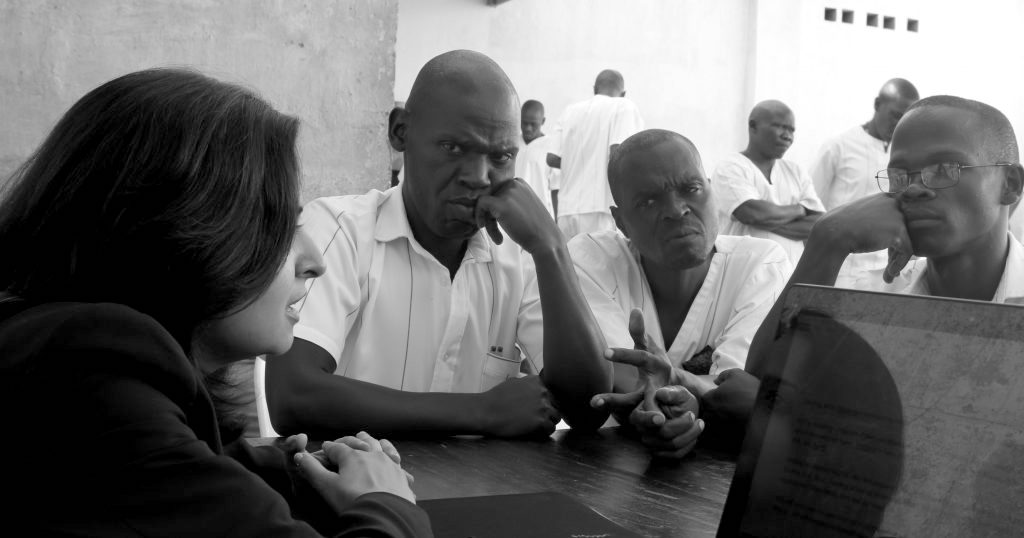Imagine two defendants, convicted of the same crime. They have the exact same mitigation. Their offences are characterised by the exact same aggravation. Neither has a previous criminal record.
One of them receives a death sentence, the other a prison sentence of 19 years.
This is the problem of sentencing disparity: unexplainable differences – significant differences – in sentence for like offences committed under like circumstances. It erodes public confidence in the criminal justice system and encourages a conclusion that sentencing is arbitrary rather than prescribed by law. It offers cover for bribery, or other forms of corruption, where defendants or victims attempt to purchase particular outcomes. And it undermines the appellate system by destroying any predictable benchmark against which excessive or unduly lenient sentence lengths can be compared on appeal.
We are working with the Ugandan Judiciary to reduce levels of sentencing disparity through a number of interventions.

